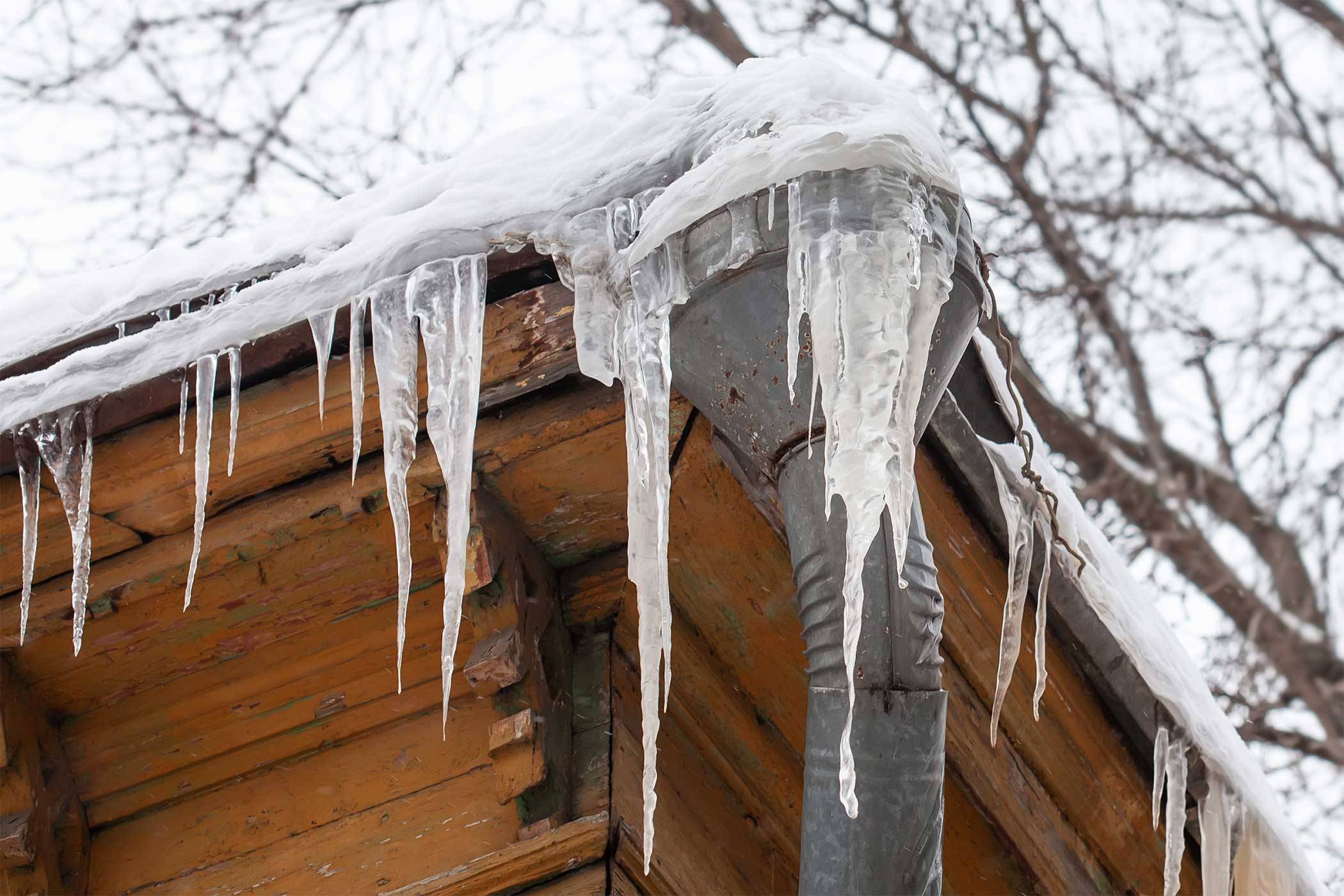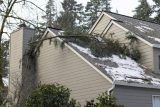How To Winterize Your Home
Homeowners
5 months ago

Harsh winter weather can wreak havoc on your home, especially if you aren’t prepared. Winter temperatures, snow, and ice can begin in October and last until April some years in Northern Indiana! We want to make sure you know how to winterize your home and completely prepare for the upcoming season to reduce your risk of costly repairs whenever possible.
Prepare Outside First
Sometimes deciding where to start winterizing your home can feel overwhelming. We recommend beginning outside with simple steps and working your way indoors.
Make note of any tasks that you might need to hire a professional to complete or need to purchase extra tools or supplies to finish safely as you work to winterize your home.
- Clear all debris from your gutters
- If you have pop-up drains in your yard that are fed by the gutter/downspout system, ensure they are also clear of blockages.
- Position downspouts away from your home’s foundation
- Trim any tree branches hanging over your roof or tear your gutters
- Detach all garden hoses, drain them, and store them indoors
- Shut off outdoor water valves, detach hoses, and insulate the faucets
- Use a high-quality caulk or foam sealant to fill any holes, cracks, or open seams you notice on your home’s exterior.
- Place all outdoor furniture inside, including your grill. If you still use a propane grill in winter, consider storing your fuel tank safely indoors away from harsh weather.
- Turn off your sprinkler system until spring or have it winterized by a qualified contractor
Winterizing Tips For Indoors
Once the outside of your home is safely protected for the winter, it’s time to move inside. When you properly winterize your home, you not only protect it, but you can also reduce your utility costs for the season.
Protect Your Pipes
Frozen pipes are something no homeowner wants to deal with. The best way to protect your plumbing system is to insulate the pipes that run through your attic, crawl space, and other areas that aren’t insulated and heated.
Be sure to insulate hot water pipes to help keep the water warm inside the pipe, keeping your water heater from having to work as hard during cold temperatures.
Pipe insulation is easy to use and comes in the form of foam rubber sleeves or insulated wraps.
If you are leaving town for several days or know subzero temperatures are coming, keep a slow stream of water running in a few of your home’s faucets to protect your pipes from freezing and bursting.
Insulate Against Air Leaks
Windows and doors are the most common culprits when it comes to losing warm air or allowing cold air to leak into your home. Now is the time to check all of your windows and doors for holes and gaps.
If you find gaps, use weatherstrip tape, caulk, and draft guards to fill the areas where cold air can easily leak into your home.
You can also use window insulation film, which is affordable and prevents heat from leaking through your windows in the winter months.
Prepare Your HVAC System
Whether you have a furnace, boiler, chimneys, radiators, or an HVAC system, it’s a good idea to have a professional inspect it before the weather changes. This will keep your heating system free from buildup and running efficiently.
Change any air filters in your home’s HVAC system and if you don’t have a programmable thermostat, consider purchasing one.
This allows you to be in better control of the temperature of your home and can actually help you save money on your utility bills.
We’re Here To Help This Winter
Lake City Restoration is available 24/7, so no matter the season, our restoration experts are here to help!
Whether you’ve had a pipe burst, a water heater leak, are concerned about roof damage from ice and snow, or your property has been damaged by severe weather, call our emergency hotline and get help fast!
Originally published in 2021, this blog post has been updated with the latest information.




